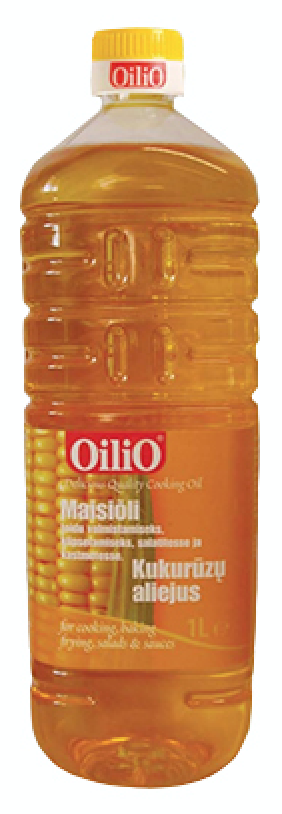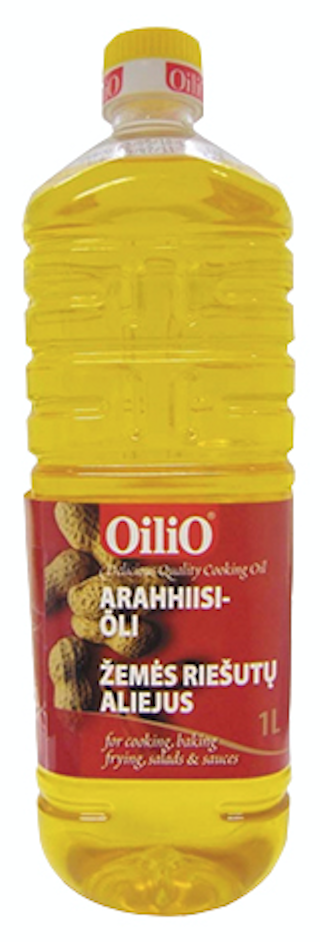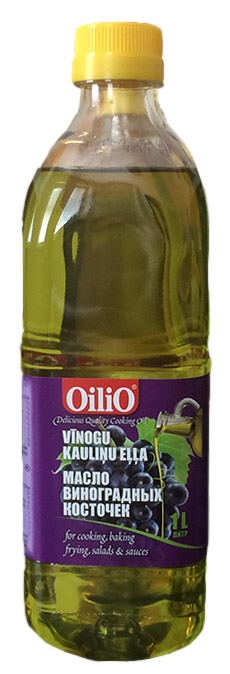
It is the most valuable product for prolonging youth and beauty; it is ideal for frying and salad dressings, and is widely used in folk medicine. Corn oil contains a fair amount of tocopherol (vitamin E), nicotinic acid, lecithin, vitamins А, В1, В2, F, РР, and minerals (magnesium, iron, potassium).

This oil that has superior eating qualities and nutritional value and contains many highly digestible fats, amino acids, vitamins, microelements and macroelements necessary for an organism, as well as the minerals that have a good influence on the nervous, digestive, cardiovascular and immune systems.
Peanut oil is a valuable dietary vegetable product that can compete with cheese and meat in energy and nutritional value. It is produced of Peanuts (other names: Groundnuts, Arachis, Chinese pistacho or Chinese walnut).

Grape seed oil is manufactured of grape stones using two methods – cold pressing (expression) and hot extraction.
The oil produced by the cold expression of the grape stones has greater nutritional value (the grape seed oil preserves the highest amount of vitamins, minerals and biologically active matters, which determines the various medical and cosmetic properties of this vegetable product). However, the undeniable advantage of producing the grape seed oil using hot extraction is the maximal output of the final product (therefore, this method is more popular in manufacture of the grape seed oil than cold pressing).
The high nutritional value, as well as a wide range of cosmetic and medical and preventive effect of the grape seed oil are based on its high concentration of vitamins (Е, А, B1, B2, B3, В6, B9, В12, С), macroelements and microelements (potassium, sodium, calcium, iron and so on), polyunsaturated fatty acids, flavonoids, phytosterols, tanning materials, phytoncides, chlorophyll, enzymes. The consistency of grape seed oil is similar to sunflower seed oil and its nutritional value can compete with soybean oil, sunflower seed oil and corn oil.